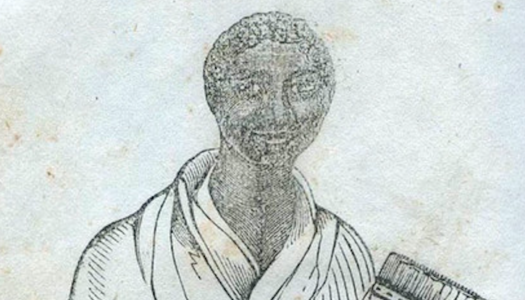 3 years ago
3 years ago
An Enslaved Mother Rescues Her Family from being Transported to the South—And Spurs a Law Change
In the early days of the abolition movement in the United States, by necessity, abolitionist work had to come primarily from white people because, before the American Revolution, most black …
Read More
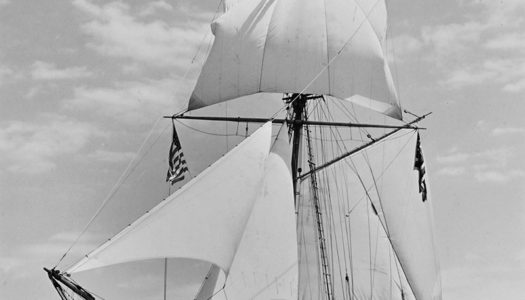 4 years ago
4 years ago
Rhode Island’s Road to Rebellion Against Great Britain, 1764-1775
In the afternoon of June 9, 1772, the sloop Hannah, a Providence packet commanded by Capt. Benjamin Lindsey, sailed forth from Newport up Narragansett Bay toward its home port. Very …
Read More
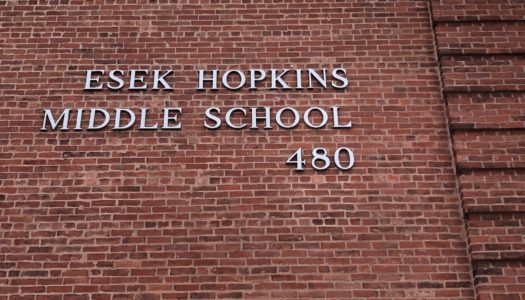 4 years ago
4 years ago
Evaluating Whether to Remove a Statue or Other Honorific: The Case of Esek Hopkins
Esek Hopkins, the commander-in-chief of the Continental Navy during the American Revolutionary War, hailed from Rhode Island. He has two significant honorifics in Rhode Island. First, there is a statue …
Read More
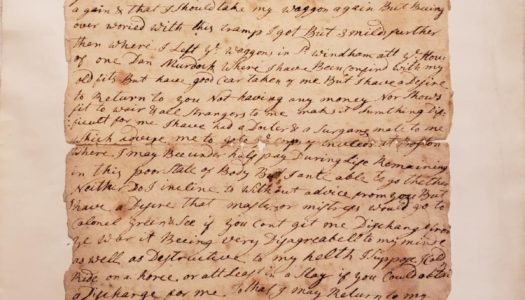 4 years ago
4 years ago
Amazing Letter Discovered from a Black Soldier of the First Rhode Island Regiment— Containing a Shocking Request
Last spring, Patrick Donovan, the talented and hardworking curator at the Varnum Memorial Armory Museum in East Greenwich, announced his discovery of a handwritten letter from a formerly enslaved man …
Read More
 5 years ago
5 years ago
Should They Stay or Should They Go? Rhode Island Black Loyalists after the American Revolution
Benjamin Quarles once wrote that the loyalty of black Americans during the American Revolution “was not to a place nor to a people, but to a principle, freedom.”[1] In late …
Read More
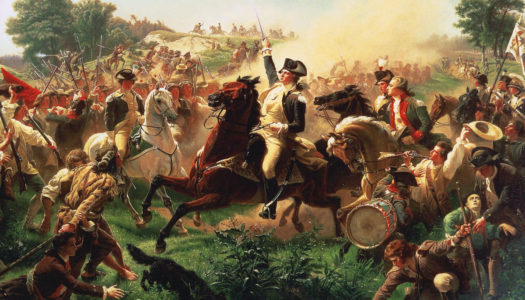 5 years ago
5 years ago
Major General Charles Lee Imposes Oaths of Allegiance on Newport Tories in 1775
My book, Kidnapping the Enemy: The Special Operations to Capture Generals Charles Lee & Richard Prescott (Westholme, 2017), focused on the stunning captures of two major generals who fought on …
Read More
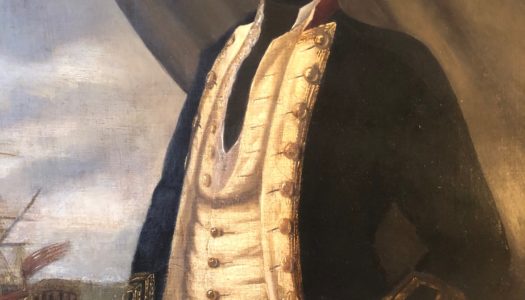 5 years ago
5 years ago
The Mysterious Case of the Painting of the Black Privateer Sailor
In the 1970s, I lived in Newport, Rhode Island, and I had just built full-sized, operational copies of two Revolutionary War ships for the Bicentennial, the 24-gun frigate Rose (that …
Read More
 6 years ago
6 years ago
The Conspiracy to Destroy the Gaspee
With but few exceptions,[1] it has usually been surmised by historians that the 1772 attack on the Royal Navy schooner Gaspee was a spontaneous response to the accidental grounding of …
Read More
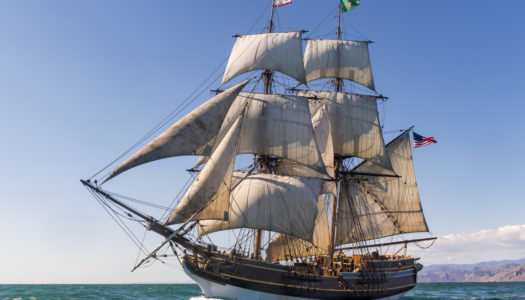 6 years ago
6 years ago
Stanton Hazard, Feared Loyalist Privateer Captain
Stanton Hazard was born on January 8, 1743, into the prominent Hazard family of King’s (later Washington) County. He moved to Newport and, as with many young men, he took …
Read More
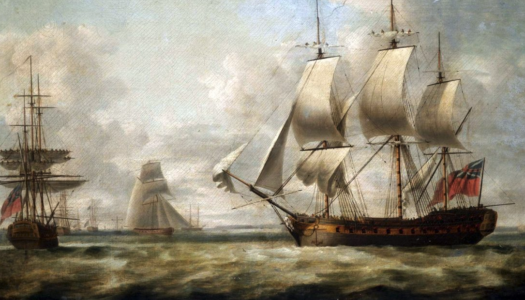 7 years ago
7 years ago
“Strange Mismanagement:” The Capture Of The HMS Syren
After a British fleet of seventy-one warships and transports entered Narragansett Bay on December 7, 1776, and the next day landed soldiers that occupied Newport, Rhode Island, as well as …
Read More




















